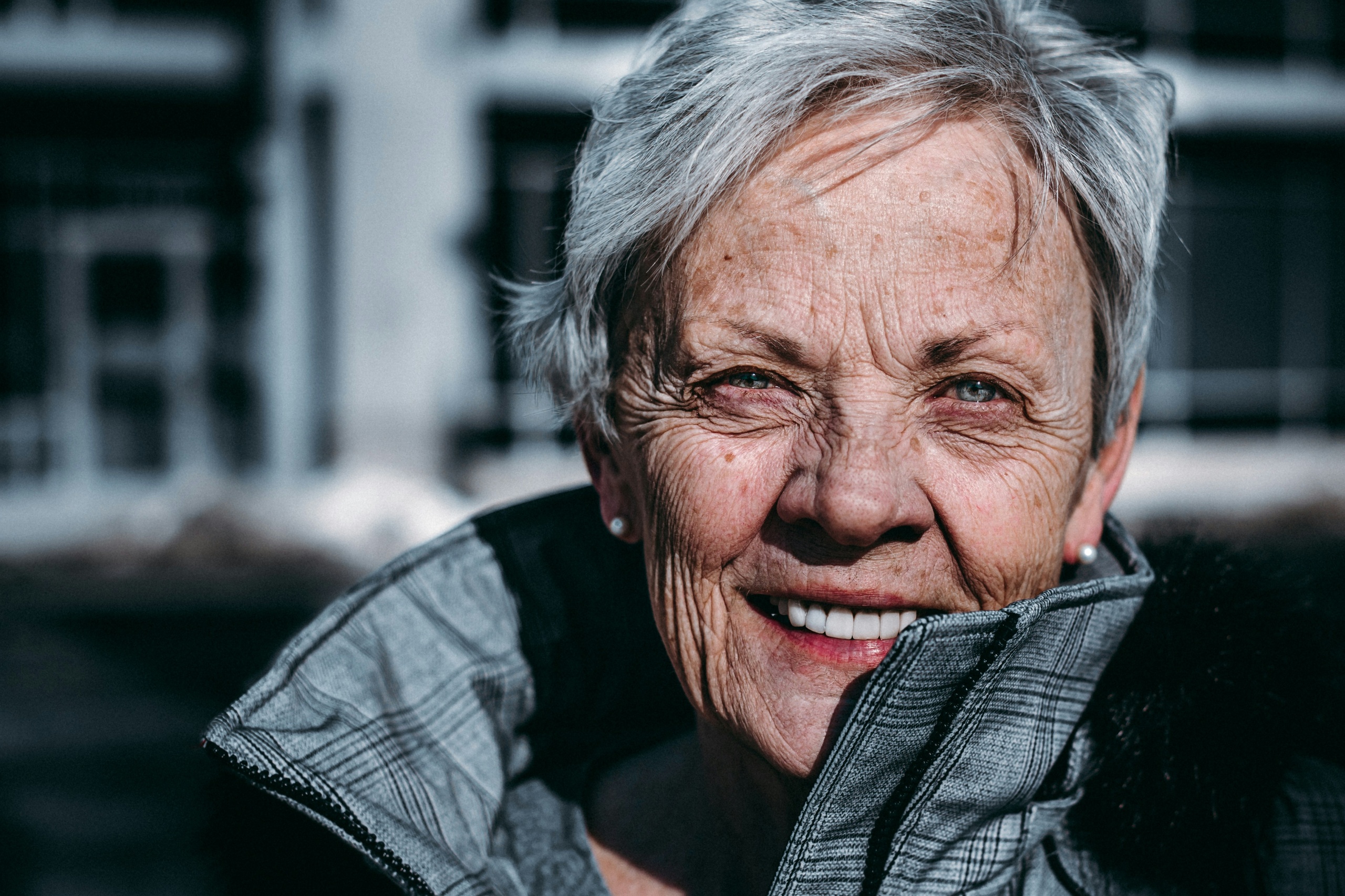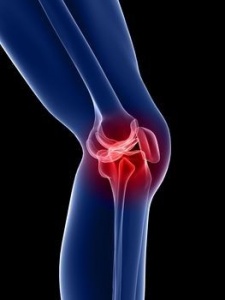Understanding Skin Changes in Senior Care
As we age, our skin becomes more susceptible to dryness, losing its natural oils and elasticity. This vulnerability is particularly pronounced during the cold winter months when harsh weather conditions and indoor heating systems can strip moisture from the skin. For seniors, maintaining skin health is not just about looking good; it’s essential for overall well-being. Dermatologists often emphasize the importance of specialized care routines tailored to the unique needs of aging skin to combat these effects.
The challenges seniors face in keeping their skin hydrated are compounded by the body’s natural decrease in water retention capabilities. Dehydration can lead to skin that feels dry, itchy, and uncomfortable, and may exacerbate other skin conditions such as eczema or psoriasis. Understanding and addressing these challenges with targeted skincare strategies and professional guidance are key to preserving skin health and comfort.
Daily Hydration for Optimal Skin Health
Hydration plays a crucial role in keeping skin supple and healthy. Seniors are particularly susceptible to dehydration, which can exacerbate skin dryness. Drinking at least eight glasses of water per day is beneficial not only for maintaining general health but also in keeping the skin hydrated. It’s advisable for seniors to monitor their fluid intake carefully and increase it if they are active or exposed to dry, indoor heat. Avoiding diuretics like caffeine and alcohol, which can increase dehydration, is also critical for preserving skin moisture.
The Benefits of Oil Baths
For those who enjoy a soothing bath, incorporating oils can significantly enhance the skin’s hydration. After allowing the skin to soften in warm water for about five minutes, adding a tablespoon of natural oils such as almond, hazelnut, olive, or jojoba can help seal in moisture. This practice is particularly beneficial for seniors, whose skin may need extra nourishment and protection against dryness.
Moisturizing Strategies
Protecting the skin from the elements with regular moisturizing is vital. The cold, sun, and wind can all strip moisture from the skin. Seniors should moisturize regularly but avoid over-moisturizing, which can clog pores and lead to other skin issues. Choosing the right type of moisturizer, preferably one that is gentle and designed for sensitive or aging skin, can help maintain hydration without causing irritation.
Shower Techniques to Avoid Skin Dryness
Hot water can strip oils from the skin, leading to increased dryness. Seniors should opt for short, warm showers instead of long, hot ones. Using mild, grain-based moisturizing soaps can also prevent the skin from drying out, making them a better choice than harsh, chemical-laden products.
Exfoliation in Moderation
While exfoliation can help remove dead skin cells and promote a fresher appearance, it should be done with caution. For seniors, whose skin is more fragile, exfoliating too frequently can cause damage and dryness. Limiting exfoliation to once a week or less, depending on skin sensitivity, can help maintain skin integrity without removing essential oils.
Adding Humidity to Your Environment
Using a humidifier in the home or office can be especially beneficial for seniors, as it helps maintain a more skin-friendly level of humidity. This not only helps keep the skin moist but also benefits the sinuses, potentially reducing issues like dryness and nosebleeds that are common in dry environments.
Choosing the Right Clothing
Wearing soft, non-irritating fabrics can help prevent skin irritation and dryness. Seniors should avoid rough materials like wool directly against the skin, which can exacerbate dryness and cause discomfort. Layering with a soft undergarment can allow seniors to wear their favorite items without risk to their skin.
Integrating IV Therapy into Senior Skin Care
In addition to topical treatments and daily hydration routines, IV therapy has emerged as an innovative solution for combating dehydration, particularly in seniors. This medical treatment involves administering fluids, electrolytes, and vitamins directly into the bloodstream, ensuring rapid and efficient hydration. For seniors experiencing chronic dehydration or those who have difficulty maintaining adequate fluid intake, IV therapy can provide a significant boost to their overall hydration and skin health.
Conclusion: Comprehensive Skin Care for Seniors
Adopting a comprehensive skin care routine is vital for seniors, especially during the colder months when dry conditions are prevalent. Proper hydration, regular use of moisturizers, and gentle cleansing practices help maintain the skin’s integrity and prevent dryness. Additionally, consultations with dermatologists are invaluable for receiving personalized care tips and addressing any specific skin concerns. These practices not only enhance the skin’s health but also improve the individual’s quality of life by preventing discomfort and boosting confidence.
Advanced hydration methods like IV therapy can further enhance a senior’s skin care regimen, offering direct hydration benefits that are sometimes necessary for optimal health. By integrating such treatments under the guidance of professional caregivers, seniors can ensure their skin receives the attention it needs to stay healthy and resilient. Overall, the goal is to create a skin care routine that adapts to the changing needs of aging skin, ensuring seniors can enjoy comfort and health regardless of the season.




